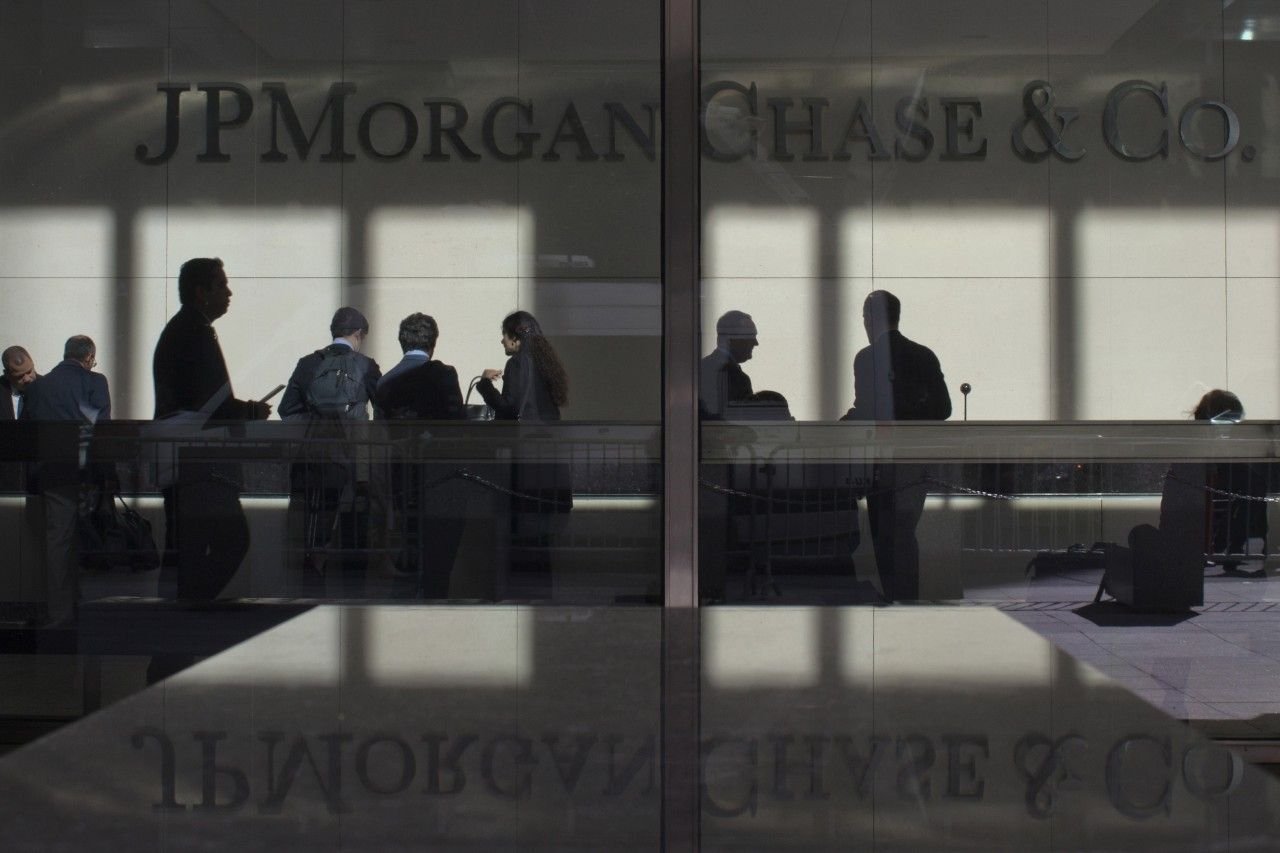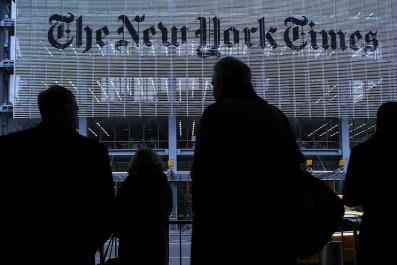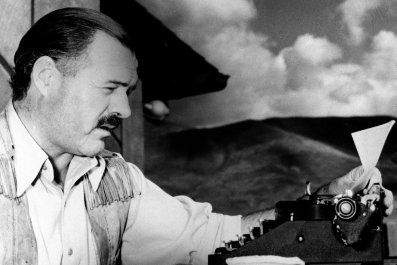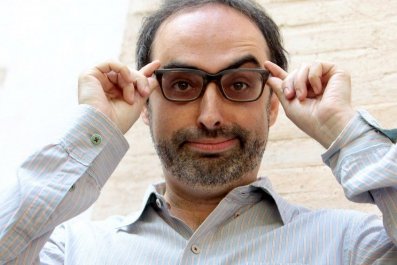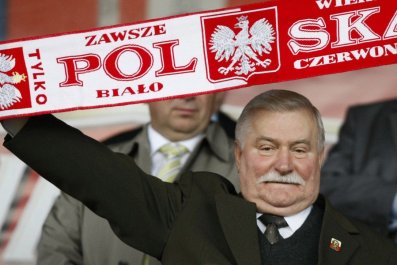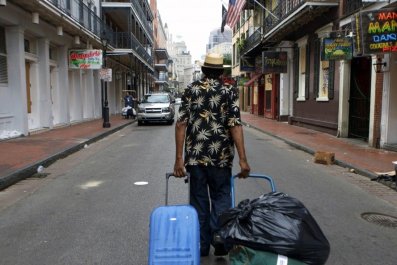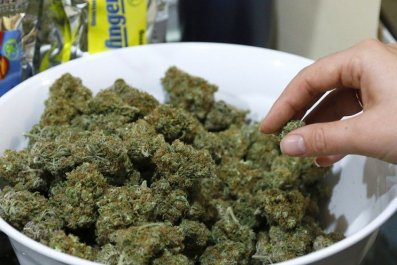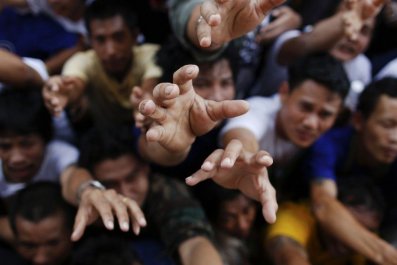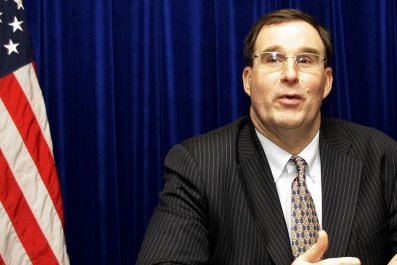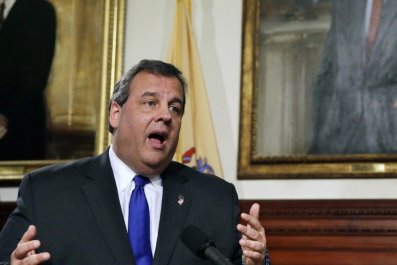The settlement of criminal and civil claims this week against J.P. Morgan, which for two decades facilitated Bernard Madoff's Ponzi scheme, reflects the attitude of Attorney General Eric Holder, who testified in a Senate hearing that he is afraid to prosecute the big banks for fearing of disrupting the economy.
The penalties and restitution come to $2.6 billion, which at first blush seems like a huge figure. But it comes to two cents on each dollar of pretax profit J.P. Morgan has earned since Madoff's arrest five years ago.
Preet Bharara, the U.S. Attorney for the Southern District of New York, crowed that this was the biggest penalty ever imposed on a bank, but the fine of $350 million is less than the $398 million profit (minimum) J.P. Morgan got from its many years serving as Madoff's major bank, according to Linus Wilson, a University of Louisiana business professor. Wilson says its profit may have been more than $900 million.
The burden of paying that meager fine will fall entirely on people who had nothing to do with J.P. Morgan facilitating Madoff's thievery - shareholders. The bankers who should have taken steps to stop Madoff will pay no penalty of any kind.
No banker will be indicted, much less go to prison, even though as many as 90 of them had very good reason to think Madoff was running a Ponzi scheme and had absolute proof he was engaged in money laundering and check kiting, both crimes.
No banker will be fired or suspended or even have to repay any bonuses for the harm done to both Madoff investors and J.P. Morgan shareholders.
Among the bankers who escaped punishment is John Hogan, the chief risk officer for JPMorgan Chase investment bank, who wrote an email 18 months before Madoff's arrest stating, "There is a well-known cloud over the head of Madoff and that his returns are speculated to be part of a Ponzi scheme."
Federal law and J.P. Morgan policies required Hogan to investigate this and to then close Madoff's accounts if he found indications of money-laundering, check kiting and other crimes. Hogan did nothing, and J.P. Morgan never reported any suspicions about Madoff to American bank regulators, although its London office did alert British banking authorities shortly before Madoff was arrested in December 2008.
What J.P. Morgan did do was reduce its exposure to loss if Madoff were arrested, taking back $250 million of cash it had on deposit with him.
Despite numerous red flags and alarm bells, J.P. Morgan "never closed or even seriously questioned Madoff's Ponzi-enabling 703 account," Bharara told reporters Tuesday. "On the other hand, when it came to its own money, J.P. Morgan knew how to connect the dots and take action to protect itself against risk."
The prosecutors, who are not going to try the bank or any of its bankers, said Bharara, "the Madoff Ponzi scheme was conducted almost exclusively" through the J.P. Morgan bank.
On Tuesday, J.P. Morgan said in a statement that it never knowingly did anything wrong, even as it admitted that the facts laid out in the Justice Department settlement were all true.
The Comptroller of the Currency, J.P. Morgan's main regulator, complained to the Treasury Inspector General in 2011 that the bank was obstructing justice in refusing to cooperate with its inquiry into who knew what and when at J.P. Morgan.
The Justice Department refused the inspector general's request to pursue the case, with one official telling me on background that he believed Bharara's inquiry would resolve the matter. The settlement shows it didn't. No bankers are named and there is not even a mention of the 90 bankers whose statements bank examiners wanted to see.
Richard Cassa, who was Madoff's J.P. Morgan banker for a decade until retiring in 2008, testified in a lawsuit that he had no idea that it was his duty to report suspicious activity nor had any idea about the purpose of Madoff's 703 account, named for its last three digits.
Among the red flags waving in the faces of J.P. Morgan bankers for years were multiple checks to and from Madoff and others through that account on the same day, in effect round-tripping funds from one account to another.
That is a classic sign of conspirators working to take advantage of the delays, back then, between when a check was posted to an account and when the money was actually withdrawn from the check-writer's account. The purpose could have been to earn interest with no actual money on deposit or to cover up a lack of cash on deposit. Either way, such exchanges are fraud flags familiar to even small-town bankers.
In 2002, 318 checks were written from Madoff's 703 account to a Norman Levy, who had a private offshore bank. Levy, on the same day, would then send handwritten checks to Madoff for the same amount. Each check was for the same odd amount: $986,301.
Levy can't explain why he did that: He died in 2005 at the age of 93.
"In December 2001 alone," according to the lawsuit by the trustee seeking money on behalf of the victims, Madoff "engaged in approximately $6.8 billion worth of transactions with Levy" with an 83 percent jump in the volume of money going to offshore banks that regulators consider at high risk for fraud, money laundering and drug dealing.
Between 1998 and 2008, Madoff wrote $84 billion in checks to just four people, more than three quarters of all the money taken from the 703 account, with most of the money going offshore, court records show.
At a minimum, the lawsuit noted, "this activity should have prompted a check-kiting investigation, which undoubtedly would have revealed more suspicious behavior."
Another fraud indicator that J.P. Morgan ignored: Levy handwrote numerous checks for $90 million to Madoff that, the lawsuit said, showed "a pattern of activity with no identifiable business purpose."
Bill Black, the banking regulator whose skill and determination resulted in more than 3,000 felony convictions related to the savings and loans scandals two decades ago, told me that when it comes to financial crimes, this J.P. Morgan settlement "represents the most embarrassing failure in Department of Justice history.
"J.P. Morgan is settling a dozen cases of fraud," Black added, citing various deals it has made in the past year. "Each of the cases is massive and each occurred under [CEO] Jamie Dimon's leadership. Collectively, they represent the largest and most destructive financial crime spree in history. Yet to date, there are zero prosecutions of J.P. Morgan or its officers, zero clawbacks of the massive bonuses the officers received because of the frauds, and zero civil suits by the Department of Justice against J.P. Morgan's officers."
Black called Dimon "the Teflon CEO who keeps his job and pay and escapes all accountability."


